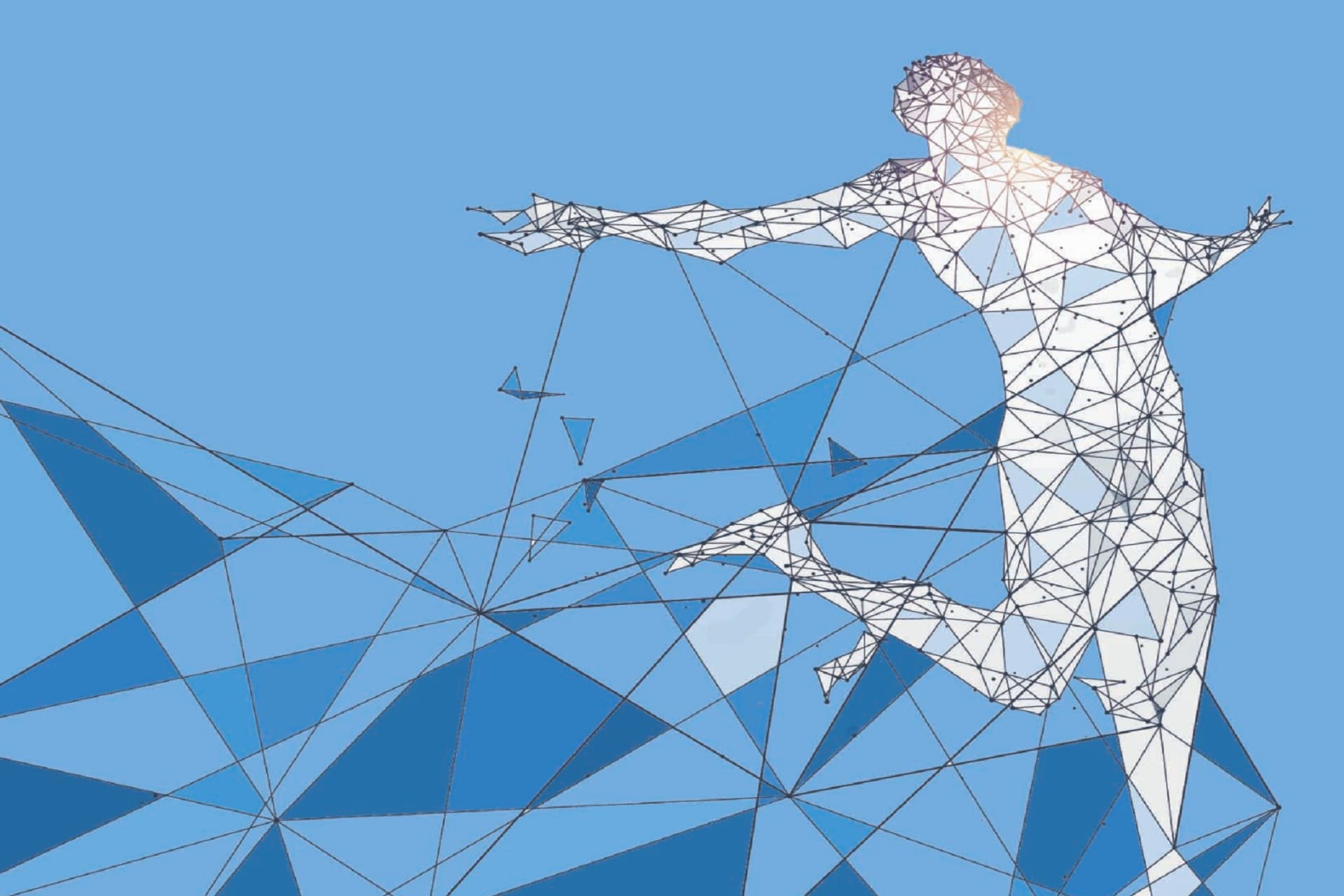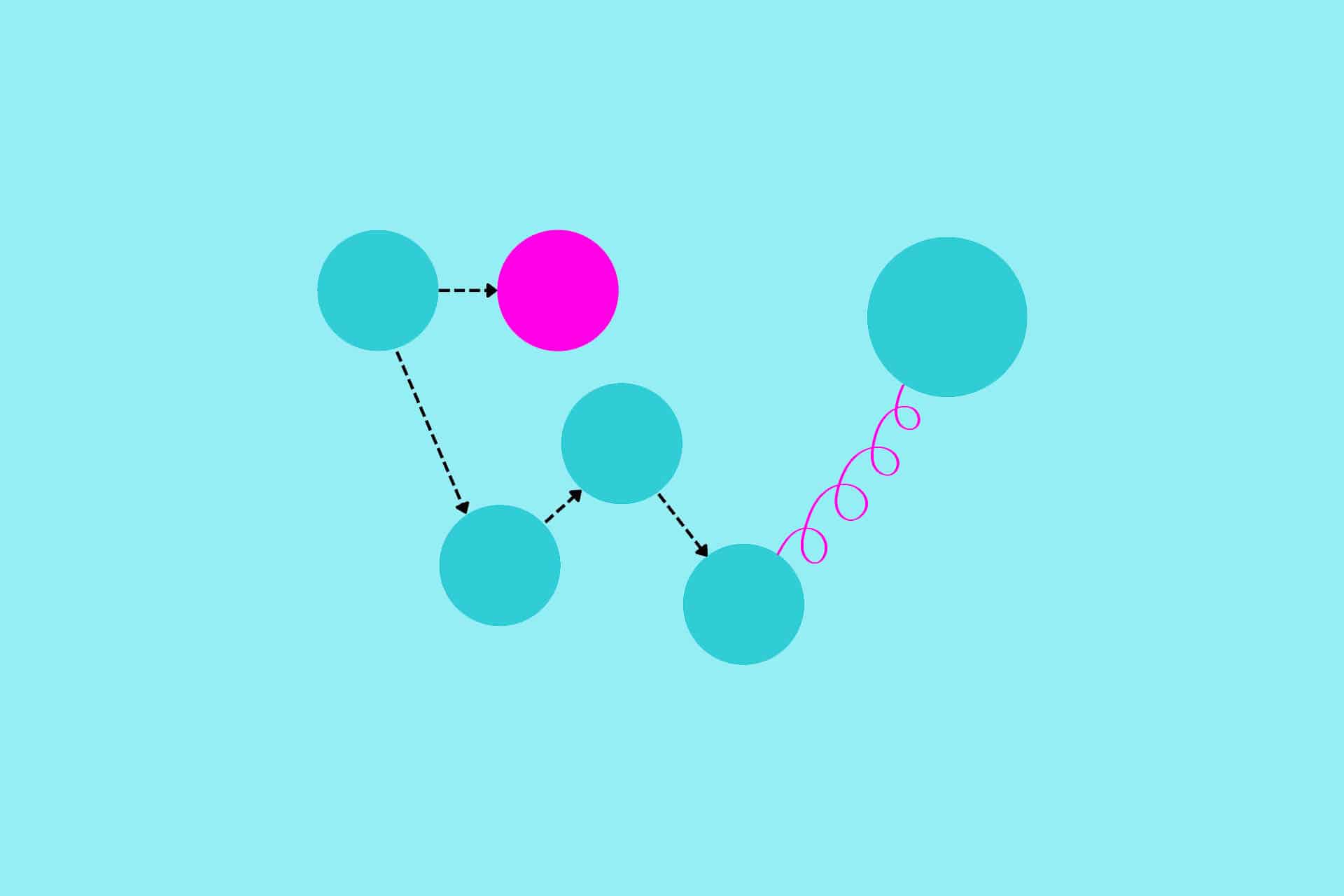Heroes have failed
Long live the ordinary people!
When was the last time you pointed an accusing finger at a hero? I admit, it happens to me over and over again. Sebastian Kurz, Ursula von der Leyen and Markus Söder regularly throw me off balance. Elon Musk, Simon Sinek and Frank Thelen put me in a bad mood. The only thing that helps is to take three deep breaths. And then to say to myself, lost in thought: “Hey Joan, people behave. They are not fundamentally bad. But they are not always angels either. Beware of judging individuals.”
In the days when this article is being written, we are in the fourth Corona wave. Never before, at least as far back as I can think in my life (which began in 1981) have I consciously observed the failure of the hero system on such a scale. Even more so as a person affected by it. Throughout the summer, politicians were preoccupied with election campaigning, coalition chatter or self-congratulation. But let us look behind the scenes instead of postulating the umpteenth symptom criticism. These events were predictable. They are simply due to the behavioural patterns of the hero system. I maintain that it is not the individual in a political or economic leadership position who is basically bad and incompetent. This becomes clear when we look at the underlying rules that generate this behaviour.
Heroes in society, politics and the economy
First of all, I criticise our democracy – yes. That in no way makes me a dictatorship lover and/or social romantic. On the contrary. I think it is time to invest in democracy and adapt it to the possibilities and demands of the 21st century. At least here in Europe, in our sphere of influence. Today it is stuck. What do we do? We go to the polls. A supposed majority then governs us. Supposed because my colleague Gebhard Borck has a point with the following calculation:
“… Let’s cut to the chase. I refer to the 2021 federal election. We have 61.18 million eligible voters in Germany. Multiplied by the turnout of 76.6%, 46.86 million went to the polls. The party with the largest number of votes had 25.7% of this, which corresponds to 12.04 million voters. This means that 71.20 out of 83.24 million people (possibly) lost the election. Quite a lot of losers and a vast amount of potential for incomprehension and resistance in future decisions.”
As if this perspective doesn’t weigh heavily enough, now add the contextual behaviour of individuals. After all, what does it take to be a politician to successfully enter the Bundestag at the top of the party? Feel free to reflect on this question for yourself. Characteristics that come to mind are:
- assertiveness
- winning mentality
- eloquence
- lack of commitment
- double standards
- making tough decisions
- charisma
- …
With these characteristics, people make it to the top. While the ordinary people, who like to cooperate, show solidarity, stand by their word and try to weigh up decisions with the common good in mind as much as possible, no longer understand the world.And when one of these normalos sets out to conquer the world of politics – what happens? Right. He or she has to adapt, as described above, in order to succeed in this environment. And this is where the vicious circle comes full circle. The hero system systematically creates the a…hole behaviour that frustrates me, and perhaps you, so much.
And I go one step further. It hides the death sentence of our climate goals. Representative of all other urgent matters that are pushing us ever closer to the abyss. This system is justified with the killer argument of prosperity. The middle class quietly bows to this thesis and loses itself in intellectual discussions about which hero might be able to fix it after all. I deliberately remain in the subjunctive. And so I, and possibly you too, contribute to the preservation of cause-effect relationships. Contexts that make me and you, or at the latest our grandchildren, go straight to the wall. And this happens beyond the social framework.
Before I get to the alternatives, let’s take a trip into our everyday lives. I observe the same patterns in business enterprises. People who are good at behaving detrimentally in terms of the community are systematically flushed upwards. The results on the percentage of narcissists in top management positions come as little surprise.
The good news
The good news is that there are proven alternatives that work. Let’s take a look at the economy. This is my home. My hood, if you will. Together with colleagues, I get to accompany organisations that are overcoming their hero systems step by step. There, the ordinary people take command by creating a self-coordinating community. Together, they focus on creating value within the business model and further develop it and the company itself.
So the factual part is running, but something else brings a smile to my face: my silent focus is on the side effects. They creep into the culture almost casually and often go completely unnoticed by the people on the inside. As an outsider, my heart warms almost weekly by now when I listen to another one of these amazing stories. It is in these ordinary contexts that the behaviour we need as a human race to still get our act together emerges.
Positive examples of change
Let me be more specific. Here are some anecdotes from the everyday life of organisations run by ordinary people.
Example 1:
The pandemic is only half a year old when an isolated case of a single mother at an IT service provider shakes some colleagues’ spirits. Within the framework of the existing working time model, she had forfeited a large amount of hours worked. Due to the stress of juggling work and children as the invisible highest achiever in the home office, she overlooked a deadline. As is usual in an organisation run by ordinary people, she turned to her colleagues with her lack of understanding. Because there are no heroes there any more. The group was so affected by the individual’s fate that they immediately formed a cross-organisational, temporary team. The team members analysed the situation. They then involved the necessary experts and had the legal situation clarified. After all the facts were gathered, a new model was developed and agreed with the colleagues. Only a few weeks after the special case a modified working time model was in place. From now on, no single mother in the organisation has to worry about losing her hours.
Reflect for yourself. How would your organisation have dealt with a comparable individual case. And start from the beginning and ask yourself: would this person have even dared to raise the issue?
Example 2:
During a break at an event with the entire staff of a company run by ordinary people, I was having a coffee with one of the two owners. “How are women doing in your company since you set out to become a Normalo organisation,” I wanted to know.
“We don’t measure that, so I don’t have exact figures on that,” the owner replied. “But I can tell you roughly that as an IT company we come from a female ratio of less than 20 %. Today the ratio is balanced. I think that’s developing positively for us, although we don’t pay explicit attention to it. I’m sure it has to do with the fact that we work together on an equal basis here.”
From my perspective, I can add to this observation: Not only is the quota of women increasing in the company, but the invisible, stabilising work that is often overlooked in a hero system is finally being recognised.
Example 3:
Positive changes can also be observed beyond the company context. When Iceland was hit hard by the financial crisis in 2008, widespread political protest arose. This led to a new constitution, which was drafted by randomly selected ordinary people. This was drafted by randomly selected ordinary people and developed in cooperation with experts to the point where it was/is ready to be voted on. Although for various reasons the constitution has not yet come into force, it is one of the most exciting democratic experiments in the world. The most important insight for me from this process is: what is already being systematically implemented today in many companies/organisations on a small scale, works just as well on the large political/societal level.
We also see from this example that the speed of decision-making, which is often used as an excuse for deeper democracy, is not really real. In the time when normal people generated meaningful content within the framework of a coordinated group, the parties, in their competitive thinking, would probably not even have agreed on the composition of the working group. Yes, this is conjecture driven by negative experience. Decide for yourself whether you agree with it. But trust me, it is more than just my belief that needs to be tested here.
My dream for a better world
We know so much about people today. In terms of their behaviour, and what they are capable of. We have technologies that allow us to make information widely available. The combination of this provides the ingredients to cleverly interconnect and coordinate normals in such a way that whenever things get complex, we achieve better results than those that emerge from the hero system. But the results are only one side of the coin, the less important one.
Because what are we failing at in our society and in companies today? We have no problem coming up with ideas and solutions. But we do have a massive problem in taking action. Remember the maths for the 2021 federal election. How is a system ever going to implement with full force if, on the day the hero government starts work, 71.20 million Germans feel unrepresented in the worst case scenario?
It’s all there for the other side of the coin, for implementation. The experiments have been lived. The necessary pattern changes to enable the ordinary people to have real influence have been tried and tested on both a small and a large scale. And the ordinary pioneers who are able to accompany and design these processes are ready and waiting. It is up to you which horse you back in the future. With your decision, you influence whether the hero system continues to be strengthened in your company, in your association, in your family. Or whether you give the normal people a chance with their humility, their solidarity, their tolerance and their reason.
Become a systematised context creator too. That’s what an acquaintance once called me after I told him about my dream for a better world. A world, you already know, of ordinary people.
Notes:
Joan Hinterauer has published two other posts on the t2informatik Blog:

Joan Hinterauer
Joan Hinterauer loves to break new ground and dive deep into the unknown surroundings. After 15 years of typical working life and up the career ladder to managing director, he knows the laws of the business world. For 3 years he has been breathing air into New Work as an absolute career changer in order to make it available to his customers as concentrated experience knowledge. As a transformation catalyst, he accompanies decision-makers in the development of a sustainable attitude for the digital age in the context of the perspective journey for medium-sized businesses. In addition, he advises companies with innovative thinking tools on the way to self-controlling network organisation and the sensible use of agile concepts and methods. In a wide variety of collaborations, he is a role model for the network idea and knows the challenges like the back of his hand. Joan Hinterauer is always available for extraordinary actions and likes to refute statements as to why something should not be possible.


